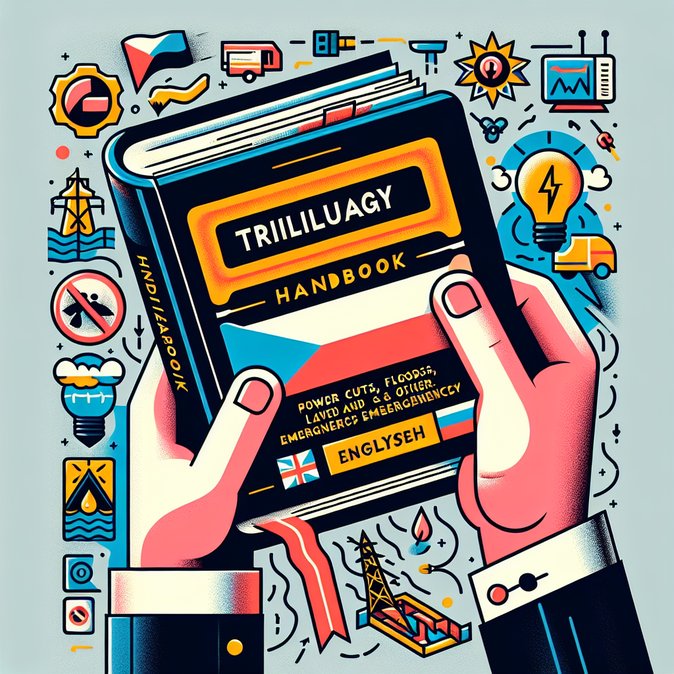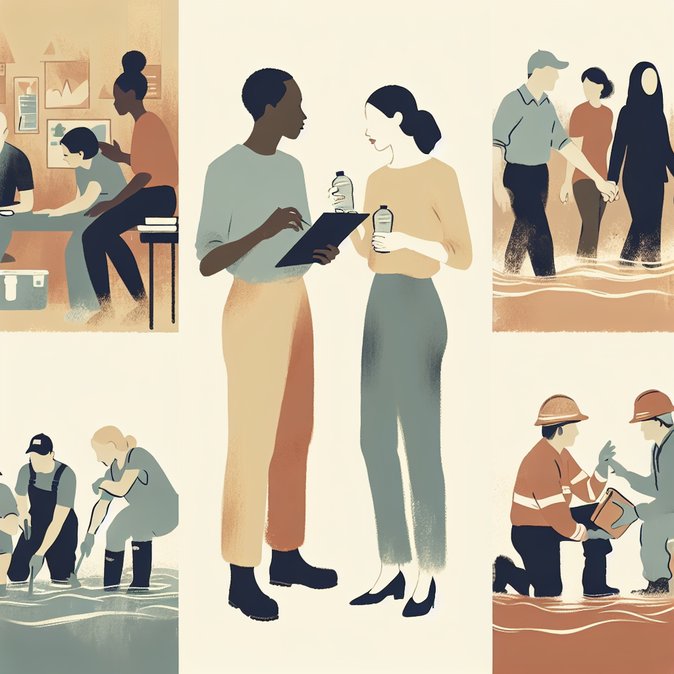
From this week Czech households are finding a 36-page booklet in their letterboxes telling them how to cope for three days without power, water or outside assistance. The guide—part of the country’s largest civil-protection campaign in decades—was highlighted in the morning news briefing of 5 November.
Why it matters for global mobility: the publication is not just in Czech. Full English and Ukrainian versions accompany the Czech edition, while Braille and sign-language videos cover accessibility needs. That makes the material immediately usable for expatriate families, international students and cross-border commuters who may not yet master Czech.
The handbook explains how to assemble a “72-hour kit” of food, medicine, documents and cash; how to locate evacuation centres; and what digital channels the Interior Ministry will use for multilingual alerts. Employers with posted workers are encouraged to incorporate the guide into onboarding and duty-of-care training, especially for non-Czech speakers who might miss siren or SMS warnings.
![Czech government mails trilingual 72-hour crisis guide to every household, including foreign residents]()
Background: The campaign follows last year’s tornado in South Moravia and record floods in North Bohemia, events that exposed gaps in foreign-language communication. Five million copies are being distributed by Czech Post at a cost of CZK 42 million, funded from the Interior Ministry’s resilience budget.
Business implications:
• Relocation firms can add the booklet to welcome packs.
• Multinationals should audit emergency-contact trees to ensure English-speaking staff receive alerts.
• Short-term assignees and frequent travellers should keep the checklist in carry-on luggage; power-bank and paper copies of key documents are recommended.
Officials say the material will be updated annually and eventually integrated into the ‘eDoklady’ mobile-ID app, allowing push notifications in multiple languages.
Why it matters for global mobility: the publication is not just in Czech. Full English and Ukrainian versions accompany the Czech edition, while Braille and sign-language videos cover accessibility needs. That makes the material immediately usable for expatriate families, international students and cross-border commuters who may not yet master Czech.
The handbook explains how to assemble a “72-hour kit” of food, medicine, documents and cash; how to locate evacuation centres; and what digital channels the Interior Ministry will use for multilingual alerts. Employers with posted workers are encouraged to incorporate the guide into onboarding and duty-of-care training, especially for non-Czech speakers who might miss siren or SMS warnings.

Background: The campaign follows last year’s tornado in South Moravia and record floods in North Bohemia, events that exposed gaps in foreign-language communication. Five million copies are being distributed by Czech Post at a cost of CZK 42 million, funded from the Interior Ministry’s resilience budget.
Business implications:
• Relocation firms can add the booklet to welcome packs.
• Multinationals should audit emergency-contact trees to ensure English-speaking staff receive alerts.
• Short-term assignees and frequent travellers should keep the checklist in carry-on luggage; power-bank and paper copies of key documents are recommended.
Officials say the material will be updated annually and eventually integrated into the ‘eDoklady’ mobile-ID app, allowing push notifications in multiple languages.










